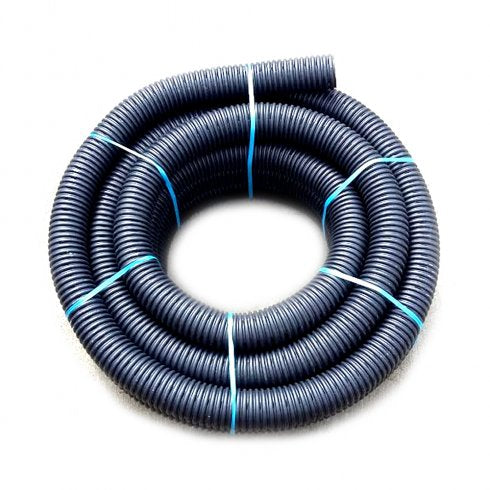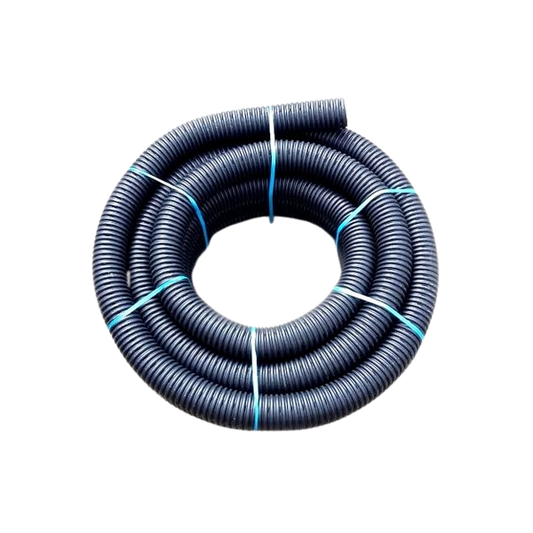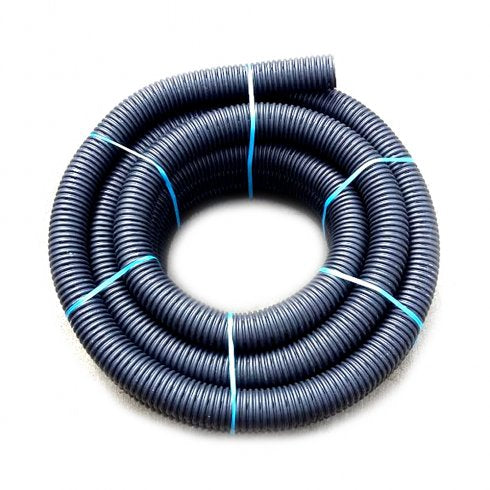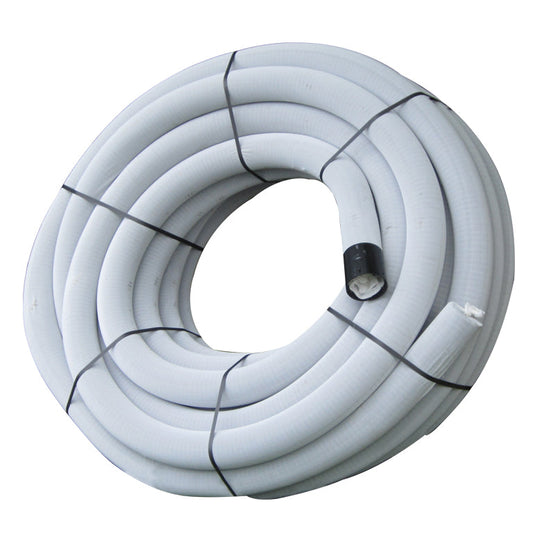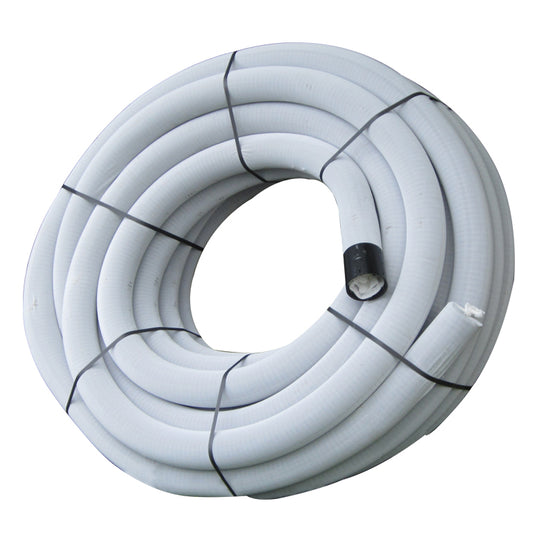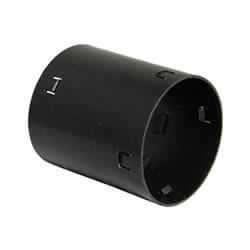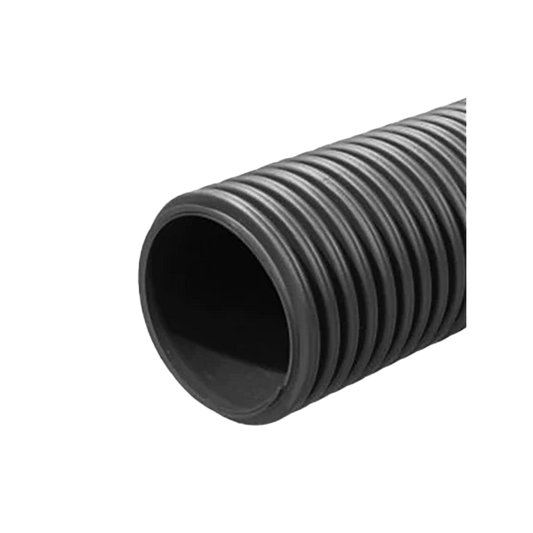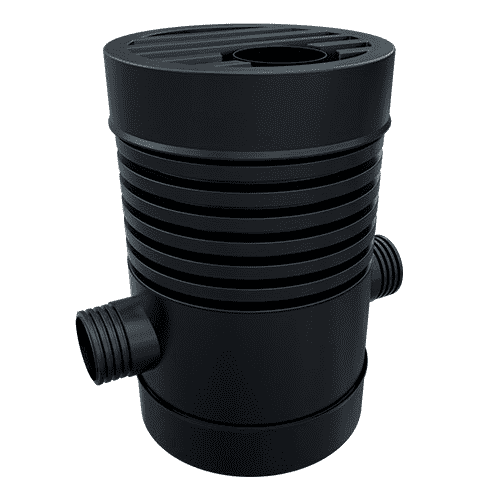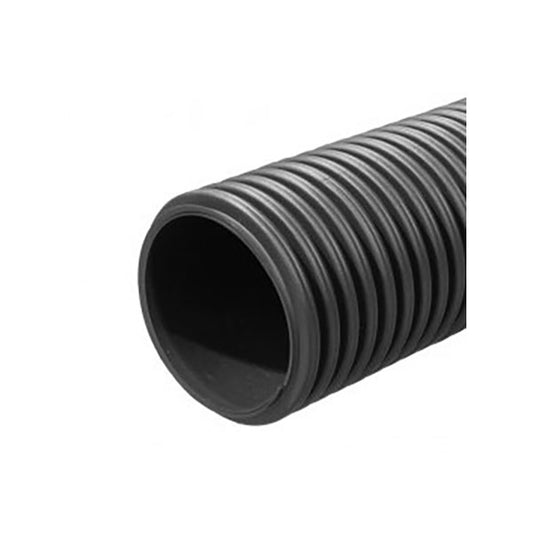Earlier this year many farms and fields in the UK experienced severe flooding due to the extreme weather conditions. This has had a number of impacts on our farmlands, as crops have been damaged and homes destroyed.
In this blog, we will be exploring the main key impacts flooding has on our farms and why it is important to prevent it.
Contents
What are the impacts of flooding on farms?
It goes without saying that the impact of flooding is mostly negative. Especially in extreme cases of flooding, where many factors can profoundly affect farmers. Here are the key factors:
- Crop Damage: Depending on certain factors such as the duration of a flood, the depth of the flood, the crop type and growth stage, will depend on the extent of damage. Ultimately, flooding can destroy crops and make them unsuitable for harvest by drowning plants and washing away topsoil.
- Yield Loss: Even if crops survive the initial induction of flooding, they will often suffer a reduction in yield due to waterlogged fields. This increases susceptibility to pests and diseases, causing definite crop damage. As a result of this, farmers will likely experience a significant loss in earnings, impacting their income and livelihoods.
- Property Damage: Flooding can damage farming infrastructure such as farming equipment, storage facilities and irrigation systems. This creates an additional strain to farmers’ finances as repairing or replacing these assets is expensive and time consuming.
- Soil Erosion: Intense flooding can cause soil to erode as the top layer of soil is washed away. Top soil offers valuable nutrients that are crucial for the growth of crops.
- Livestock Loss: Livestock also suffer from intense flooding by becoming exposed to contaminated waters, losing access to food or clean drinking water and in extreme cases, even drowning. Treating any livestock with waterborne illness or disease may come with expensive veterinary bills for farmers.
- Disrupted Farming Operation: Flooding can delay planting or harvesting schedules for farmers and therefore interfere with crop rotations. This leads to necessary tasks being a struggle and inefficient farm management.
- Financial Hardship: Not only can farmers deal with costs in infrastructure damage and crop loss, financial hardship extends further to reduced land values and difficulty securing insurance coverage. This is common in flood-prone areas due to perceived risks.
- Emotional Stress: The overall aftermath of flooding can cause significant emotional stress on farmers and their families. Farmers will have to cope with the unknown of crop stability and financial recovery. Unfortunately this often causes many mental health challenges within the farming industry.
How can I prevent my farm from flooding?
INVEST IN LAND DRAINAGE!
Implementing proper land management and drainage supplies will allow farmers to effectively remove excess water from fields and help to prevent waterlogging. Installing effective drainage systems, such as land drainage coil, culverts and Twinwall will re-direct surface water away from critical areas and towards drainage channels. Please note it is important to maintain land drainage systems to avoid any blockages and keep the systems functioning effectively.
Although there are additional practices to preventing flooded fields, land drainage is a vital component for flood management on farms. By implementing high quality land drainage systems into your farming operations, you can reduce the risk and severity of flooding.
At Cotterills we stock a large number of land drainage systems such as land drainage coils and twinwall pipe. For any advice, please call our team of experts on 0121 351 3230.
Further information & tips
Further information & tips
How to check your land drainage is working?
Why your drainage pipe might not be working?
Which to use – land drainage coil or twinwall pipe?
All you need to know about land drainage pipes
Top tips for installing a land drainage scheme
Top tips for maintaining land drainage
Why land drainage is so important – infographic
How your soil type impacts drainage
Alternatively, fill out our enquiry form:






